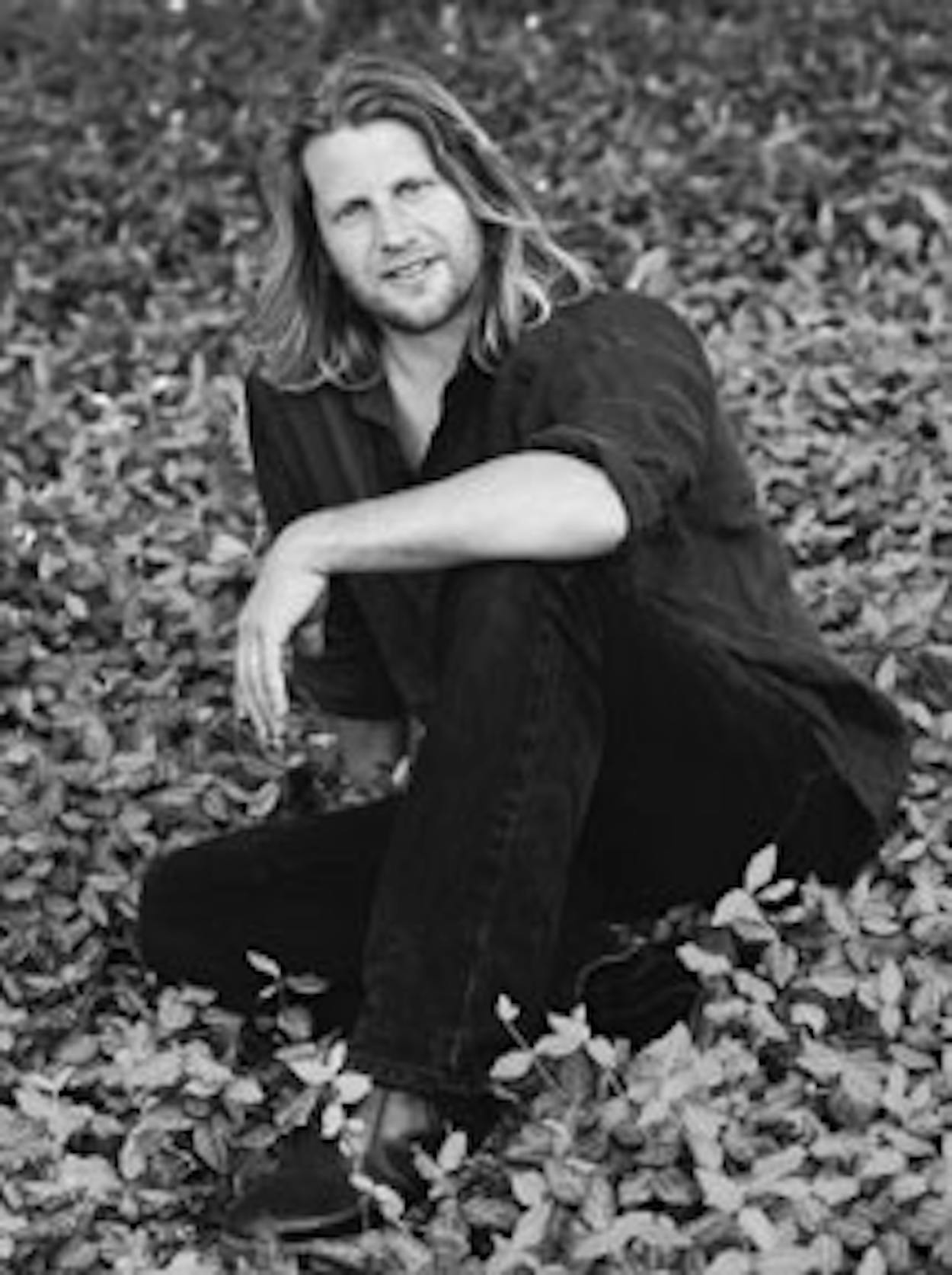After their two-year-old son, Rowan, was diagnosed with autism in 2004, the author and his wife, Kristin, struggled with the challenge of finding effective treatment for an incontinent, uncommunicative child given to intractable tantrums. The Horse Boy: A father’s quest to heal his son tells of their journey to Mongolia, in 2007, in search of shamans who might unlock the mystery of Rowan’s autism. A documentary about their trip—Over the Hills and Far Away—was featured at this year’s Sundance and South by Southwest film festivals. The former travel writer and journalist lives with his family outside Austin.
Were there early clues that Rowan was autistic? Yes, there were early clues—very obsessive behaviors and, the most alarming symptom, he began to suffer from neurological fits that caused tremendous, inconsolable tantrums.
What treatments and therapies were available to Rowan in and around Austin? We tried applied behavioral analysis. We tried viral treatments. We tried the gluten- and casein-free diet. But the only things that showed radical, immediate change were Rowan’s exposure to Betsy [a neighbor’s horse] and his brief exposure to African shamans during our visit to the U.N. in 2004. When I first put him on Betsy, he began to talk properly for the first time.
How did the simple idea of animal therapy evolve into an epic excursion to Mongolia? It was natural to ask myself the question, What if I took Rowan to a place that combined horses and shamanism at the center of its culture? Did such a place exist? Yes, it did—Mongolia, the place where mankind first domesticated the horse six thousand years ago and where Equus caballus evolved. What if we were to go there, I wondered, and ride from shaman to shaman? What might happen?
How did Rowan and the Mongolian shamans react to one another? Nine shamans agreed to gather near Ulaanbaatar to perform a ritual on Rowan. Rowan didn’t like the ritual at first, finding the drumming and chanting confusing and overwhelming. However, after about an hour he started giggling, laughing, playing with the shamans. And at the end of the ritual he did something he’d never done before. He turned to this small Mongolian boy, hugged him, and said, “Mongolian brother.” Rowan had made his first friend.
Then he spent three days with a shaman named Ghoste, who told us that Rowan would be gradually less and less autistic until the age of nine, but the stuff that really drove us crazy—the incontinence, the neurological fits and endless tantrums—would stop immediately. By the time we got home, he had stopped having tantrums altogether, and we were no longer even involved in his toilet activities. It was extraordinary.
What does the future hold for Rowan? Good question. Ghoste and the other shamans were pretty adamant that Rowan will become a shaman himself in later life. Certainly a lot of shamans I’ve met in Africa, Asia, and elsewhere do come across as adult autists—but ones with roles and functions at the center of their societies, rather than being marginalized. He’s also doing a regular first-grade curriculum now. And he says he wants to be a zookeeper and an elephant trainer. Horses he can take for granted. I guess we’ll see. Like everything else about autism, and life in general, it’s an enigma. Little, Brown, $24.99







